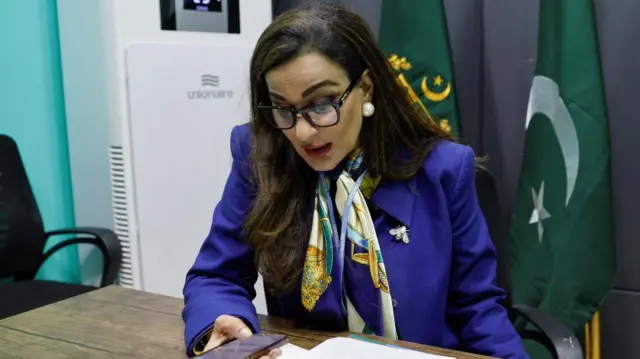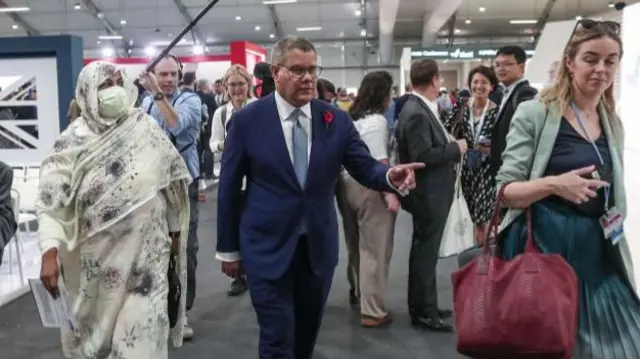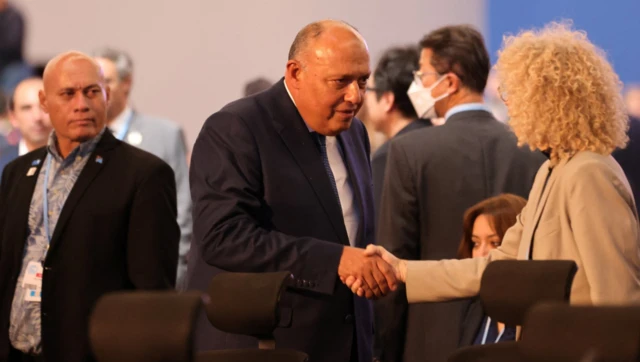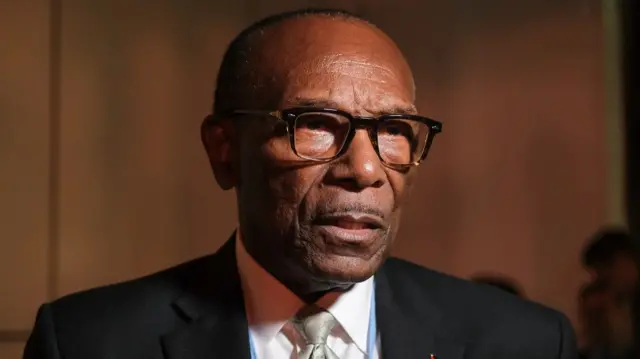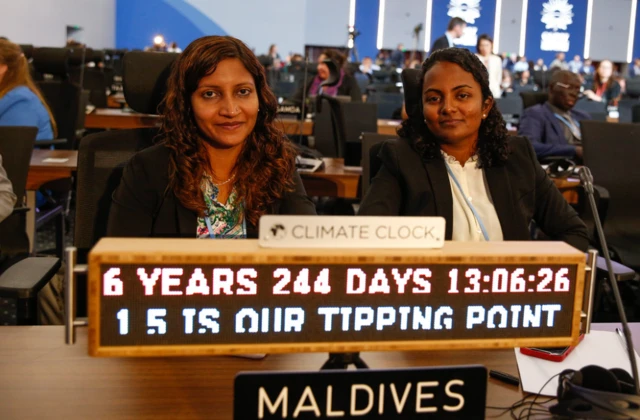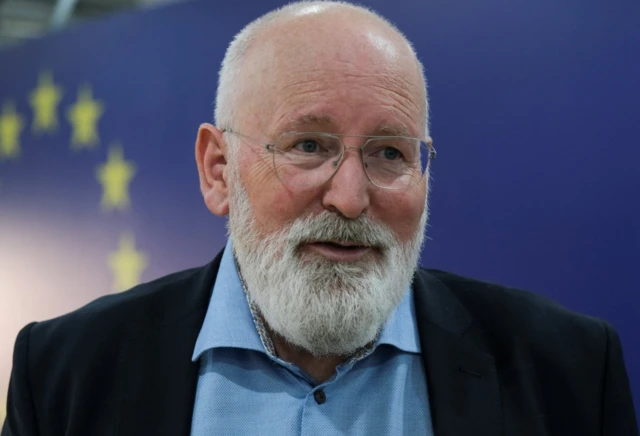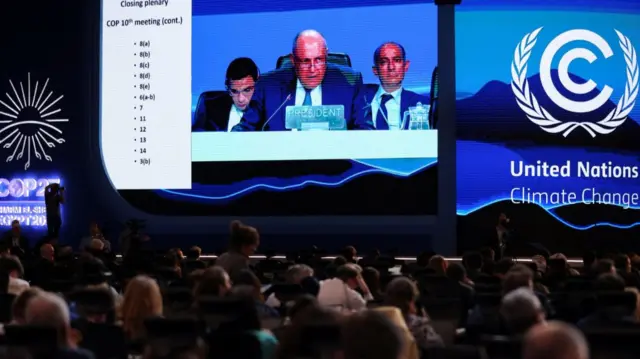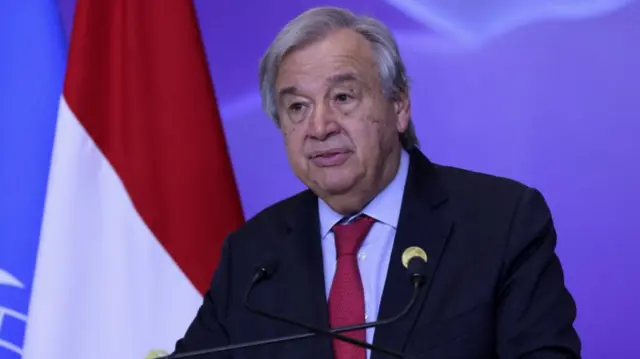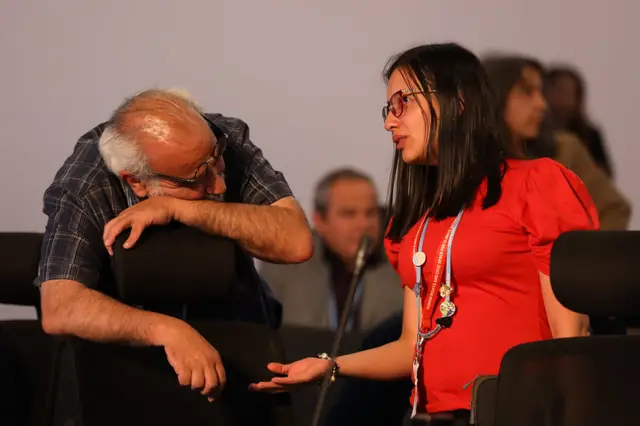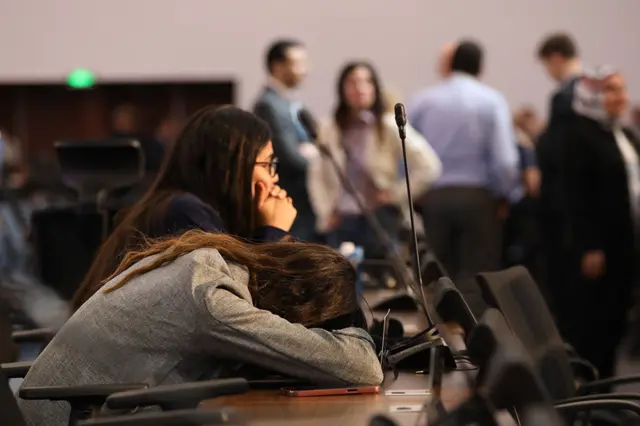Dust settling on the detailpublished at 09:09 GMT 20 November 2022
After hours and hours of intense negotiations we finally have some outcomes from this years COP27.
The dust is still settling, but here is what we know so far.
- Delegates who've been working through the night at the UN climate summit in Egypt have approved a major deal on helping poorer countries
- They have agreed to set up a fund to pay for some of the loss and damage being inflicted by global warming
- Many of the most controversial decisions on the fund have been kicked into next year when a "transitional committee" is expected to make recommendations for countries to then adopt at the COP28 next November
- Those recommendations would cover "identifying and expanding sources of funding" - referring to the problematic question of which countries should pay into the new fund
- The overarching agreement from the summit - called the "cover text" - does not raise ambition on reducing greenhouse gas emissions from what was agreed at the COP26 summit in Glasgow last year
- The cover text also mentions emissions reductions through "low-emission" energy alongside renewable energy, raising concerns this will allow for more continued use of gas, which often has lower emissions than coal and oil, but still releases carbon dioxide when burned

